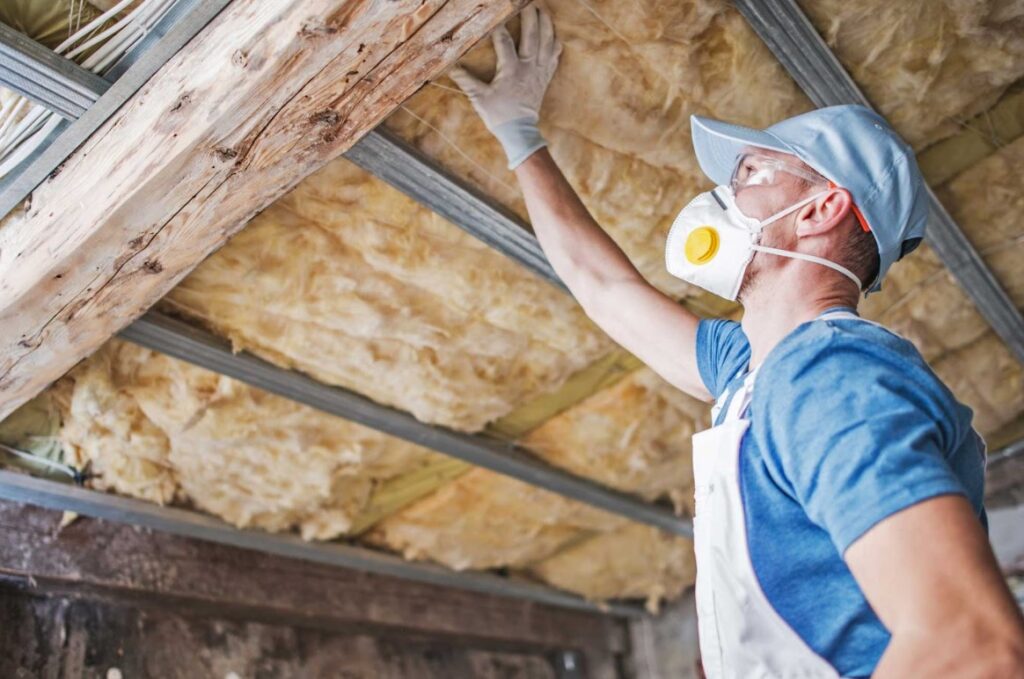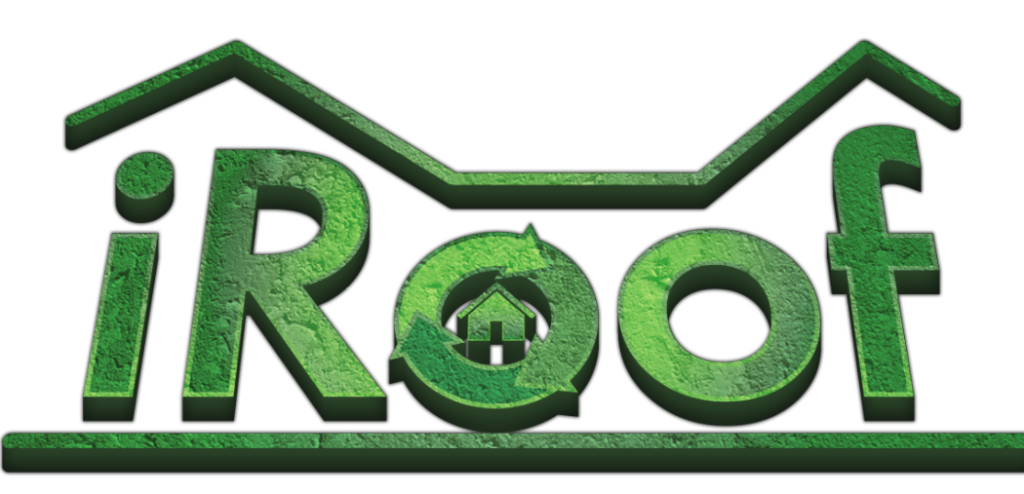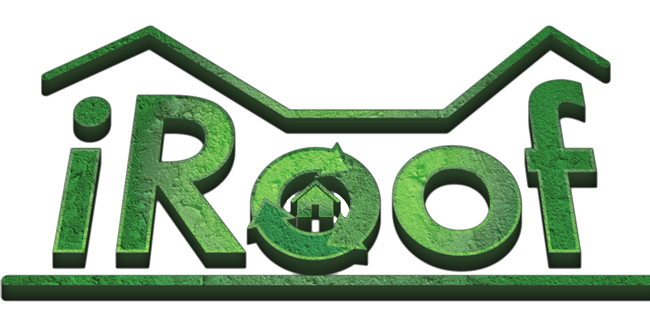Buying a home is one of the biggest investments you’ll ever make, and it’s important to ensure the property is in top condition. One often-overlooked factor that can impact comfort, energy costs, and even structural integrity is insulation. Understanding the reasons to check insulation in a new home can save you from unexpected expenses down the road.
If you’re purchasing a home in Montgomery, insulation plays a key role in handling the region’s hot summers and cooler winters. This new home insulation checklist will help you identify potential red flags and ensure the property is properly insulated before you buy.
Why Insulation Matters in a New Home
Insulation is responsible for maintaining indoor temperatures, improving energy efficiency, and preventing moisture-related damage. Without proper insulation, you may face issues such as:
- Higher heating and cooling bills
- Drafty or uneven temperatures in different rooms
- Moisture buildup, mold growth, and structural damage
- Overworked HVAC systems leading to costly repairs
Checking insulation before purchasing a home ensures that you’re making a sound investment while avoiding major repair costs in the future.
New Home Insulation Checklist: What to Inspect
Before finalizing a home purchase, go through this new home insulation checklist to ensure the house meets energy efficiency and safety standards.
1. Attic Insulation
The attic is one of the most important areas to check because it directly impacts energy efficiency and roof health.
- Inspect for adequate insulation depth and type.
- Look for gaps or compressed areas that reduce effectiveness.
- Check for signs of moisture, mold, or past roof leaks.
According to the U.S. Department of Energy, proper attic insulation can reduce heating and cooling costs by up to 20%.

2. Wall Insulation
Insulation inside walls prevents heat loss and keeps your home comfortable year-round.
- Ask if the walls have insulation and what type.
- Tap on walls to check for hollow sounds, which may indicate missing insulation.
- Use an infrared thermometer or thermal imaging to detect gaps.
3. Basement and Crawl Space Insulation
Uninsulated basements and crawl spaces can lead to moisture problems, pest infestations, and higher energy costs.
- Look for insulation around the foundation walls.
- Check for signs of moisture or mildew.
- Make sure the area is properly ventilated.
4. Windows and Doors
While not technically insulation, windows and doors contribute to overall home efficiency.
- Inspect for gaps around frames where air can escape.
- Test windows and doors for drafts.
- Check for double or triple-pane glass, which provides better insulation.
5. HVAC Duct Insulation
Leaky ducts can cause significant energy loss, making HVAC systems work harder than necessary.
- Look for visible insulation around ductwork.
- Check for gaps, holes, or areas where air could be escaping.
- Ensure ducts are sealed properly, especially in unheated spaces like attics or basements.
Reasons to Check Insulation in a New Home Before Buying
Skipping an insulation check when buying a home can lead to major headaches down the road. Here’s why it’s essential:
1. Energy Efficiency and Lower Utility Bills
A well-insulated home can cut heating and cooling costs significantly. Poor insulation leads to temperature fluctuations, forcing HVAC systems to work harder and increasing utility expenses.
2. Comfort and Temperature Control
If certain rooms feel too hot in the summer or too cold in the winter, inadequate insulation may be the cause. Proper insulation helps maintain consistent indoor temperatures.
3. Preventing Moisture and Mold Issues
Insulation plays a crucial role in moisture control. Poor insulation can trap condensation, leading to mold growth and wood rot. This is especially important in humid climates like Montgomery.
According to the U.S. Environmental Protection Agency (EPA), mold exposure can cause respiratory issues and other health concerns, making proper insulation a must for homebuyers.
4. Extending the Life of Your Roof
Many people don’t realize what insulation does for a roof—it protects it from excessive heat, moisture, and ice buildup. Without proper insulation, a roof can deteriorate faster, leading to costly repairs.
5. HVAC System Longevity
Poor insulation forces heating and cooling systems to overcompensate, leading to premature wear and tear. If the home’s insulation isn’t up to par, you could face expensive HVAC repairs or replacements sooner than expected.
6. Home Resale Value
Homes with high energy efficiency ratings and proper insulation tend to have higher resale values. If you plan to sell in the future, well-insulated homes are more attractive to buyers.
How to Check Insulation Before Buying a Home
Even if you’re not a home insulation expert, there are ways to evaluate insulation levels before purchasing a property in Montgomery.
1. Ask for Insulation Details
Request information from the seller or real estate agent regarding insulation type, R-value, and recent upgrades.
2. Look for Visible Signs of Poor Insulation
- Drafty areas near windows and doors
- Uneven heating or cooling in different rooms
- Ice dams on the roof in winter months
- High energy bills from previous owners
3. Get a Professional Inspection
A home inspector can provide insights into insulation quality, but for a more detailed analysis, consider an energy audit. The U.S. Department of Energy recommends professional energy audits to identify insulation weaknesses.
4. Use Thermal Imaging
Infrared cameras can detect heat loss and identify areas where insulation is missing or ineffective.
Upgrade Insulation for Long-Term Savings
If the home you’re considering has insufficient insulation, upgrading it can improve comfort and energy efficiency. Here are a few options:
- Add blown-in insulation for attics and walls to improve heat retention.
- Upgrade to spray foam insulation for better air sealing.
- Seal air leaks around windows, doors, and ducts to prevent energy loss.
In a city like Montgomery, where summers are hot and humid, ensuring proper insulation will make a significant difference in year-round comfort and cost savings.
Get an Insulation Inspection Before You Buy
Checking insulation before buying a home can save you thousands of dollars in future repairs and energy costs. By following this new home insulation checklist, you can ensure your investment is protected.
At IRoof, we offer professional inspections to assess insulation quality and provide expert recommendations. Don’t leave your home’s comfort and efficiency to chance—get a free inspection now and make sure your new home is well-insulated before you buy!


